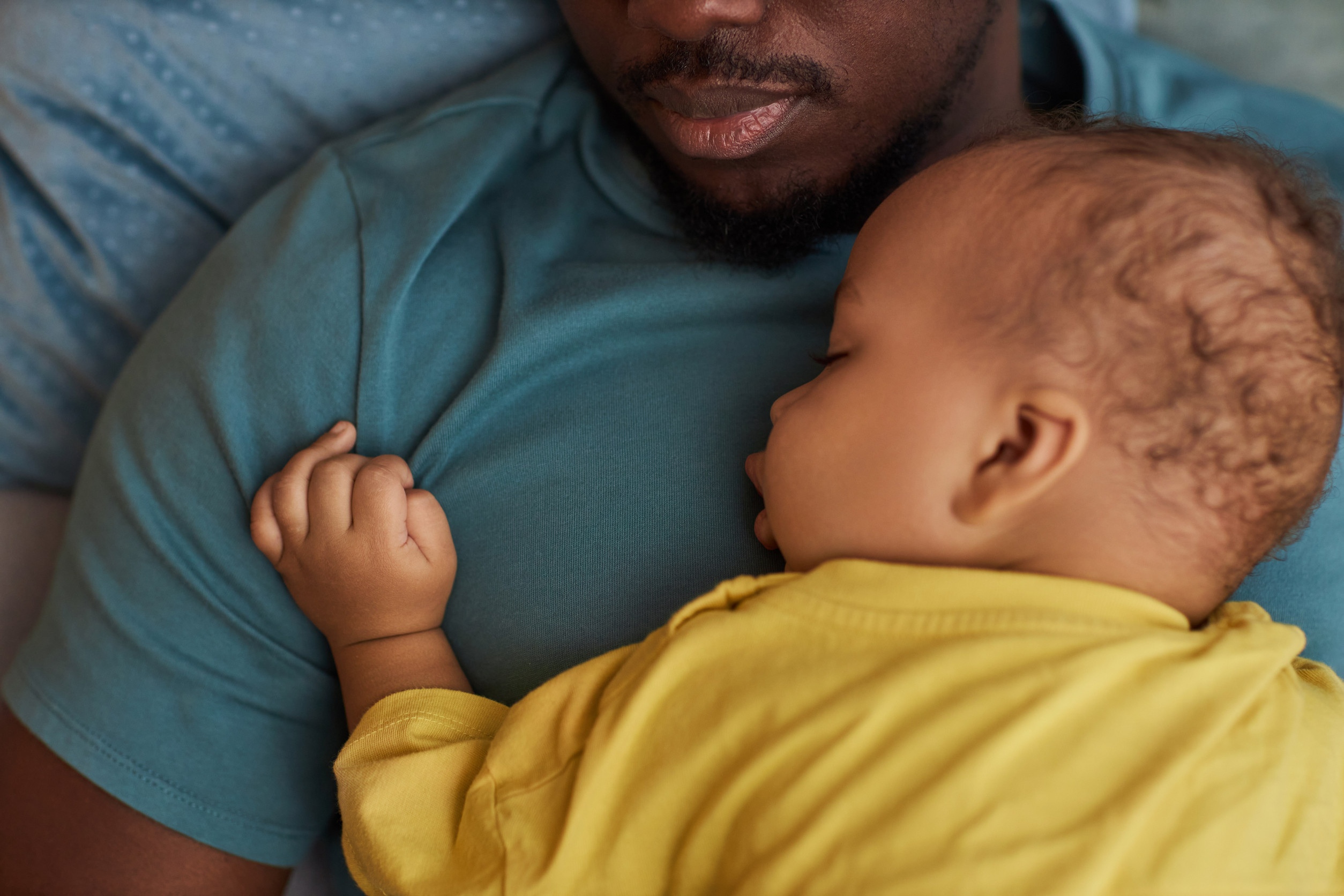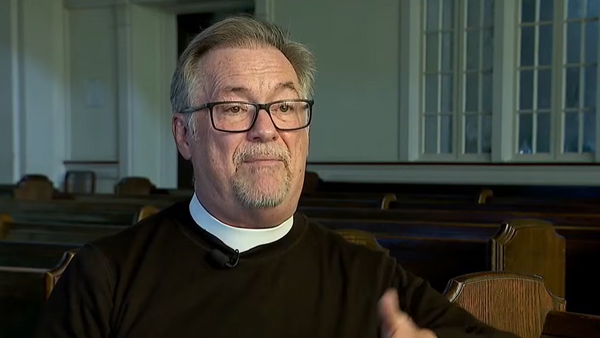
For generations, fatherhood was viewed as the natural next step for men after marriage or reaching a certain age. But today, more men are questioning whether becoming a parent is the right path for them. Rising costs of living, shifting cultural expectations, and personal lifestyle choices have pushed many men to quietly step away from traditional family roles. While society often assumes all men want children, the reality is much more complex. Here are several reasons why some men are opting out of fatherhood.
Financial Pressures Are Overwhelming
Raising a child in the United States can cost upwards of $300,000 by the time they turn 18. This figure doesn’t even account for college expenses, which add another major layer of financial stress. For men already juggling student debt, rent, and rising healthcare costs, the financial burden of fatherhood feels impossible. Many men decide that avoiding children helps them maintain financial stability and independence. In an economy where even middle-class families struggle, the cost of raising kids is a huge deterrent.
Career Goals Take Priority
Modern workplaces are more competitive than ever, and many men fear that fatherhood will derail their professional ambitions. Sleepless nights, school schedules, and family responsibilities often conflict with career growth opportunities. Some men choose to remain child-free so they can dedicate time to climbing the corporate ladder or pursuing entrepreneurial ventures. They see delaying or permanently opting out of fatherhood as a way to keep their career trajectory intact. In a society that increasingly measures success by professional status, this choice makes sense to them.
Fear of Losing Freedom
Fatherhood changes everything, from daily routines to long-term commitments. Many men admit they are reluctant to give up personal freedom, whether that means spontaneous travel, hobbies, or simply having time to themselves. They see parenting as a lifelong responsibility that limits flexibility. By choosing not to have children, they preserve autonomy over their lives and schedules. For some, the ability to live without restrictions outweighs the cultural expectation of starting a family.
Rising Divorce Rates Play a Role
Men are paying close attention to the challenges of modern relationships. With divorce rates still significant, many men fear becoming single fathers or being saddled with child support payments for decades. Stories of custody battles and financial strain after divorce often act as cautionary tales. For some men, this risk is reason enough to step back from fatherhood altogether. They view avoiding children as a safeguard against the potential fallout of a failed marriage.
Concerns About the World’s Future
From climate change to political unrest, many men question whether bringing children into today’s world is wise. The uncertainty of the future makes fatherhood feel like a gamble. They worry about raising kids in an environment that seems less stable and less promising than decades past. Choosing not to have children becomes a way to avoid exposing them to potential hardships. This sense of responsibility extends beyond personal choice to a global perspective.
Shifting Social Norms
In past generations, men who chose not to have children were often stigmatized. Today, however, cultural attitudes have shifted, and remaining child-free is no longer seen as unusual. Men now feel more empowered to embrace lifestyles that focus on personal happiness, travel, or career. Social acceptance of diverse family structures gives them permission to pursue life outside traditional fatherhood. This change in norms makes opting out less taboo and more socially viable.
Mental Health and Emotional Readiness
Many men acknowledge that they are not emotionally ready for the challenges of fatherhood. Parenting requires patience, resilience, and emotional stability, which some men fear they cannot provide. With growing awareness of mental health struggles, men are becoming more honest about their limitations. Rather than forcing themselves into fatherhood, they choose to protect their well-being. This self-awareness is reshaping how men view what it means to be responsible.
The Rise of Individualism
Today’s culture increasingly celebrates individualism, encouraging people to prioritize personal goals over societal expectations. Men who choose not to have children often see themselves as living authentically, free from pressures to conform. They prefer to invest time and resources in themselves, whether that means pursuing education, hobbies, or personal relationships. Individualism allows them to feel fulfilled without fatherhood. This trend continues to grow as more men reject outdated gender roles.
Fatherhood Isn’t Every Man’s Path
The decision to opt out of fatherhood doesn’t mean men are selfish or incapable of responsibility. Instead, it reflects the realities of today’s world and a growing understanding that parenthood is not the only path to fulfillment. For men facing financial pressures, emotional struggles, or lifestyle goals, choosing not to have children is a thoughtful decision. Recognizing these reasons can help shift society toward a more inclusive understanding of what it means to live a meaningful life.
Do you think men are justified in stepping away from fatherhood, or is society losing something valuable when they opt out? Share your thoughts in the comments below.
You May Also Like…
- Fatherhood Rules: 8 Rules You Should Follow If You Want to Raise A Responsible Son
- How Fatherhood Became a Branding Exercise for Men Online
- 9 Fatherhood Lessons You Only Learn After Screwing It Up
- 13 Fatherhood Moments That Break Even the Strongest Men
- 11 Signs Your Parents Are Struggling More Than They Let On
The post Why Some Men Are Quietly Opting Out of Fatherhood appeared first on Clever Dude Personal Finance & Money.







